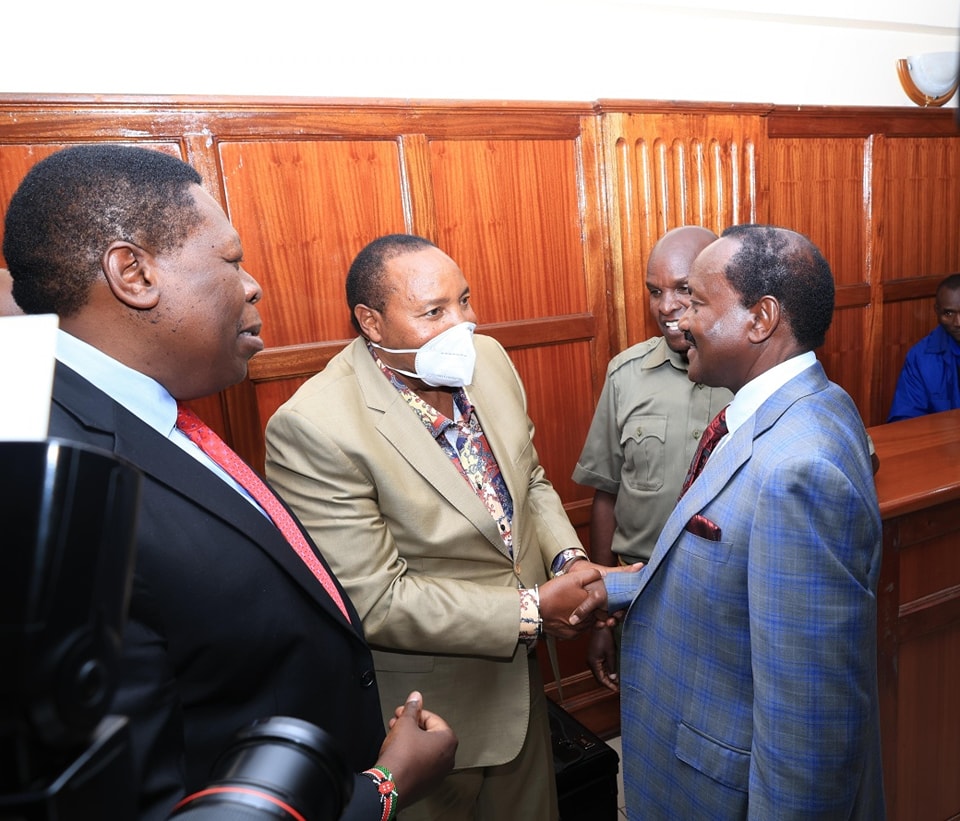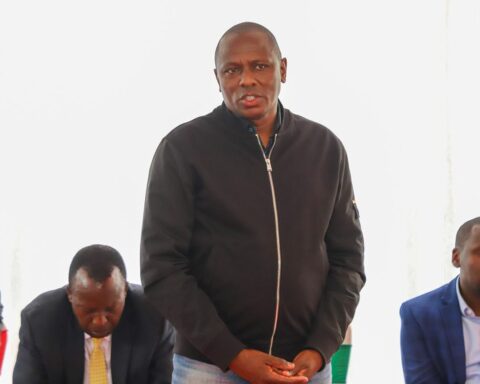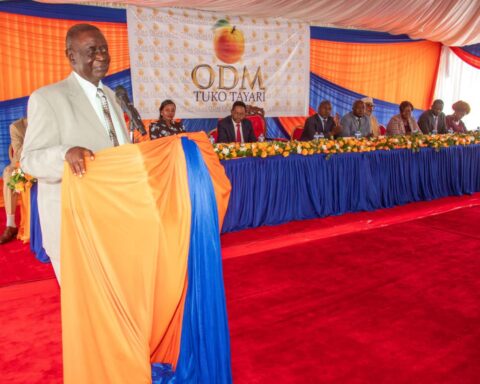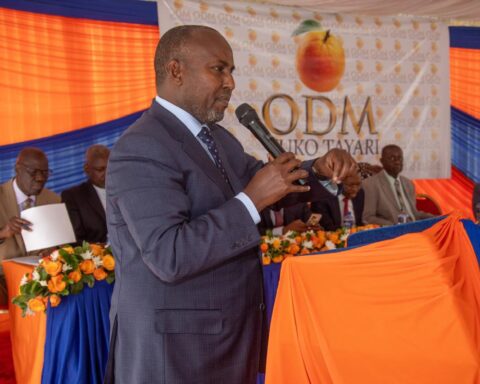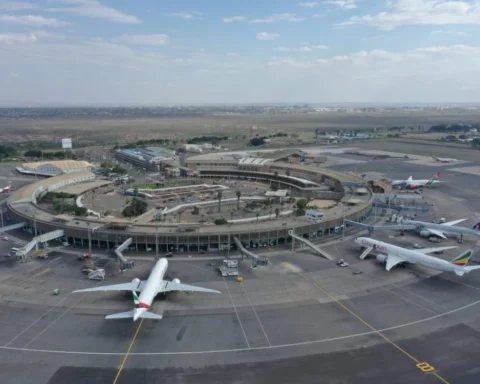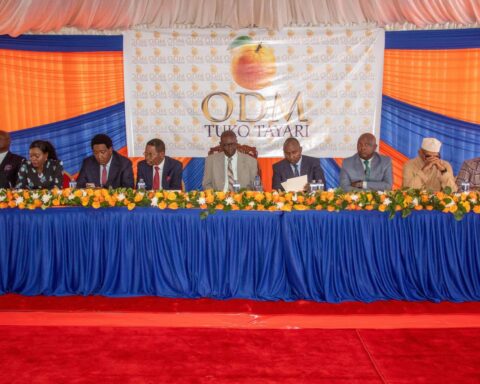The East African Development Bank (EADB) is running scared.
After years of pushing Raphael Tuju around in a legal dispute over a 27-acre land in Karen, the bank is now resorting to backroom deals and media blackouts to protect itself.
EADB recently lost a major case that stripped it of its immunity from prosecution.
Instead of facing justice, the bank has launched a full-scale damage control campaign—spending a staggering $3 million through Ogilvy PR to suppress negative press.
Judiciary Caught in a Dirty Game
In a shocking move, the Judiciary and EADB issued near-identical press statements just hours apart.
The statements were not just similar—they were clearly coordinated.
The Judiciary’s statement warned the media against covering Tuju’s legal battle with EADB.
Shortly after, EADB released an almost word-for-word version of the same statement.
Who is really calling the shots here? How does a bank manage to dictate what Kenya’s Judiciary says?
A Direct Attack on Media Freedom
EADB is desperate to control the narrative. The bank’s statement attempted to intimidate the press into silence.
“This notwithstanding, the Bank urges the Fourth Estate to exercise its duty to objectivity… by counterchecking claims made on the Bank’s operations against available facts, which we are ready to offer whenever requested.”
The Judiciary echoed the same threats.
“We also call on the media to verify facts before reporting on such matters to avoid contributing to misinformation or disinformation,” said Judiciary spokesperson Paul Ndemo.
This blatant attempt to censor the press is a direct violation of Article 34 of the Kenyan Constitution. Since when did the Judiciary become a propaganda tool for a bank?
The Real Reason Behind EADB’s Panic
EADB is in full crisis mode. Tuju has turned the tables, gaining the upper hand both in court and in public perception. Instead of facing scrutiny, the bank is scrambling to shut down criticism.
Why is EADB so desperate to suppress media coverage?
What is the Judiciary’s role in this mess?
Who stands to benefit from keeping this case in the dark?
The public deserves answers.
Tuju’s Long Battle Against Property Grabbers
This is not the first time Tuju has had to fight for his properties. He has repeatedly exposed a web of corruption involving banks, lawyers, and auctioneers scheming to rob him.
The Karen Land Battle – EADB claims Tuju defaulted on a loan and wants to seize the 27-acre land in Karen. Tuju insists the loan deal was fraudulent.
The Sh4.5 Billion Loan Scam – Tuju says fake affidavits and backroom deals were used to manipulate court rulings, forcing him into a financial trap.
Judicial and Legal Corruption – Senior counsels Githu Muigai and Fred Ojiambo have been named in what Tuju calls an organized plot to dispossess him of his assets.
These schemes are not unique to Tuju. Many Kenyans have lost their properties in similar backdoor deals between corrupt officials, rogue lawyers, and greedy financial institutions.
Tuju and Top Lawyers Take the Fight to Court
Tuju is not backing down. Today, he will appear in court alongside Senior Counsels Nelson Havi and Ahmednassir Abdullahi. Their goal? To expose how the Supreme Court has been compromised and hold the Judiciary accountable.
This case is no longer just about land. It is a battle against judicial corruption, corporate manipulation, and the erosion of justice in Kenya.
Kenya’s Judiciary is on trial. The question is—who will hold it accountable?
EADB’s multi-million-dollar campaign to silence critics will fail. The truth is already out. Kenyans are watching. And this case will set a precedent in the fight against judicial rot and corporate impunity.
Will justice prevail? Or will the powerful continue to bend the system in their favor? The country is waiting for answers




